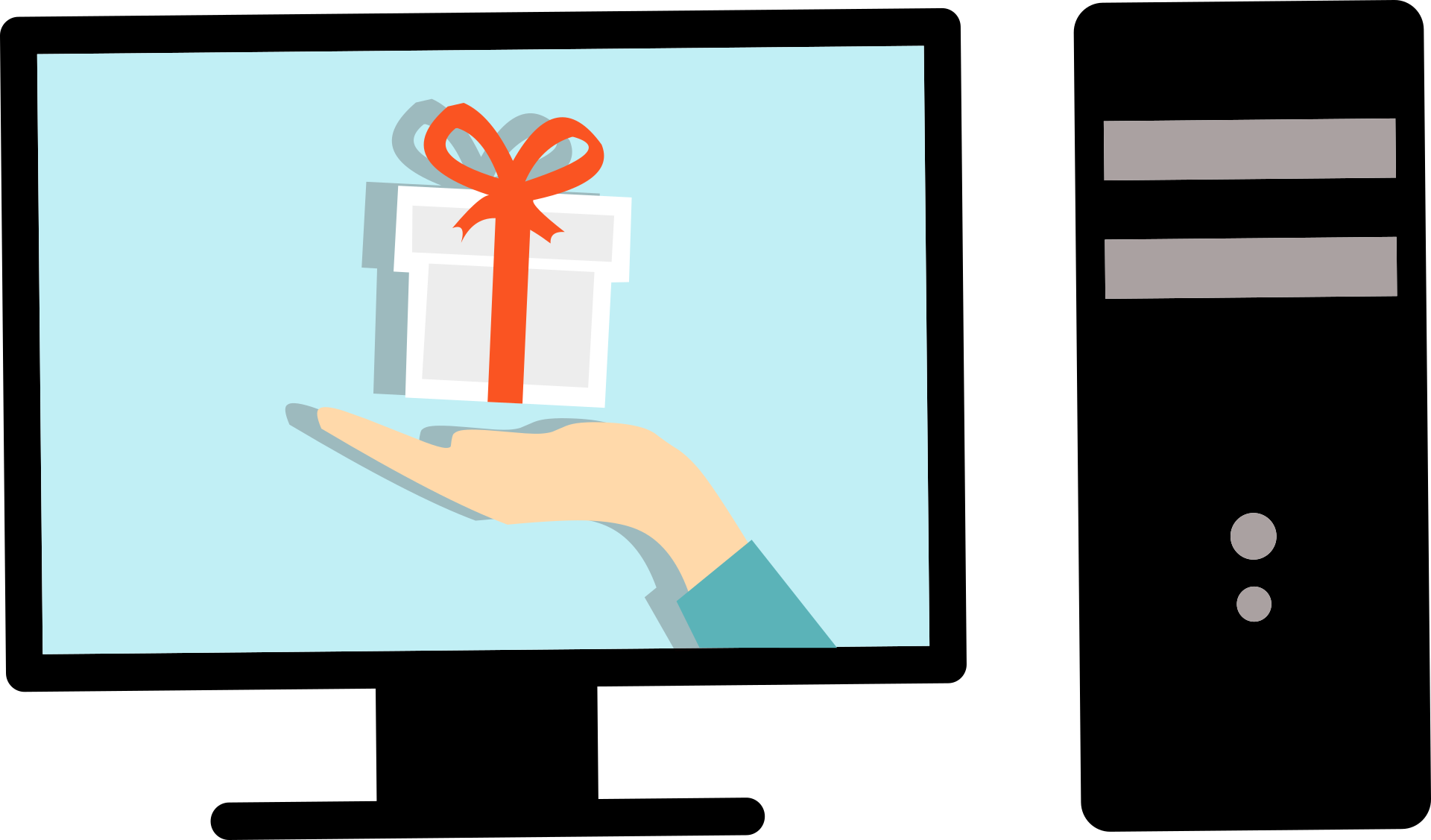What Happen To Our Brain When We Shop - Shopping Addiction
What happen to our brain when we shop? Our brains release dopamine and endorphins when we make purchases.
Some people may become compulsively shop because the quick gratification and need to feel the "high" again begins to outweigh self-control and sensible financial considerations.
A person with compulsive spending, sometimes referred to as oniomania, shopping addiction, or pathological buying, has an irrational urge to acquire things for themselves or other people.
We will discuss the warning signs and symptoms of compulsive buying and spending in this post, as well as the treatments options for such addictions.
Symptoms Of Excessive Spending And Shopping
If you're concerned that you no longer have control over how much you spend on shopping, consider some of the typical warning signs and symptoms of a shopping addiction:
- You spend in response to experiencing rage, sadness, or stress.
- You are consistently and persistently distracted by your shopping habits from other priorities like job, family time, and socializing.
- You make impulsive purchases of stuff you don't really need, keep them in storage, and never utilize them.
- You buy expensive presents for your family and friends at an unreasonable cost.
- You engage in spending that is beyond your means
- You put in too much time browsing stores or doing your shopping online.
- You have several store cards, manage several credit cards, and have accrued a sizable debt.
- You keep bank statements, receipts, and purchases secret from family members.
- You've tried to reduce your spending or stop purchasing in the past but were unsuccessful.
- You keep following shopping news and pay daily visits to local shops.
This might have involved getting rid of shopping apps or creating a monthly budget, but you ultimately gave up.
Your relationships, stress levels, and healthare all being negatively impacted by your purchasing.
What Drives Your Compulsive Buying And Spending?
Many people turn to addiction as a coping mechanism for their feelings.
The same holds true for people who have a shopping addictionm they use mystery shopping, house to house shopping or another methods to fill their addictions that's why as reportedby TesterNews deliveryman and mystery shoppers are trained in psychology.
You might use compulsive buying and spending to avoid or hide unpleasant emotions including melancholy, boredom, worry, and anxiety.
For instance, you might use shopping as a diversion and temporary mood booster if you are struggling with something at work, home, or in your relationships.
You may have developed a habit of using shopping as a diversion from your issues with life over time.
The Results Of Excessive Spending And Shopping
Your life and probably the lives of those closest to you—are likely being dramatically and destructively impacted by a compulsive drive to buy and spend.
When you make a purchase, you might still feel the initial surge of endorphins and dopamine, but it's more probable that these fleeting feelings of exhilaration are replaced by guilt, shame, and anxiety right away.
These emotions could lead you to return to the store or use a shopping app to make more purchases, which could lead to a vicious cycle that feels impossible to escape.
People with shopping addictions frequently struggle with severe financial problems, including high debt.
You might have taken out a second mortgage on your house or used all the credit on your cards.
You might have noticed that you're starting to alienate yourself from your loved ones and neglect your connected responsibilities as shopping addiction damages relationships.
Getting Help For Excessive Spending And Shopping
Recognizing and accepting that you have a problem is the most crucial first step you can take if you are worried about your compulsive buying.
Then, it is advised that you look for assistance to help you resolve the problem.
Additionally, learning more about your situation enables our experts to provide the best recommendation for your therapy of shopping addiction.
How To Stop The Shopping Addiction
So how can you stop a cycle of addiction? Bilder and his colleagues discovered that people who matched the criteria for a shopping addiction were also more likely to exhibit signs of despair or anxiety in a 2015 study of 23,537 adults that was published in Frontiers in Psychology.
He suggests cognitive behavioral therapy, talk therapy, or even antidepressants (though these haven't been shown to be particularly helpful for shopping addiction).
Of course, not all customers are addicts.
The secret is to know oneself. Luxury consumption favorably increases a person's subjective well-being, according to some expert that published an article in Applied Studies in Quality of Lifethat summarized the research on consumerism and happiness.
But guess what, according to scientists, will make you even happier? giving away your money.
People Also Ask
What Happens In Your Brain When You Shop?
Dopamine makes you want to seek out items that make you feel good more, which is why retail therapy is a popular go-to!
What Part Of The Brain Controls Shopping?
The different emotions that shopping can provoke are consistent with the brain regions that are involved in it.
When you go shopping, your metabolism changes in parts of the brain like the nucleus accumbens, the insula, and the mesial prefrontal cortex.
Does Shopping Give You Serotonin?
Serotonin may be increased in several ways by shopping, especially when buying gifts. Shopping first involves looking for, finding, and finally buying something new.
Giving gifts then boosts this joy by adding the satisfaction of helping someone else. Giving has the tendency to increase serotonin.
Why Is Shopping So Addictive?
Ruth Engs from Indiana University claims that some individuals become addicted to shopping because they essentially become dependent on the psychological effects of shopping.
When they buy, their brains release endorphins and dopamine, and these feelings make them want to buy more and more.
Why Is Shopping Good For You?
According to studies, shopping actually stimulates the release of serotonin, a happy-making chemical, in your brain.
You have it, then. The next time you are having a bad day, consider going shopping to improve your disposition.
Conclusion
People with shopping addictions can receive therapy programs with experts.
You will discover new coping mechanisms for stress and any other unpleasant feelings that have been driving you to purchase and spend during this period.
Along with teaching you coping skills for an addiction-free life in the future, our staff will assist you in comprehending the underlying causes and triggers of your buying habits.

